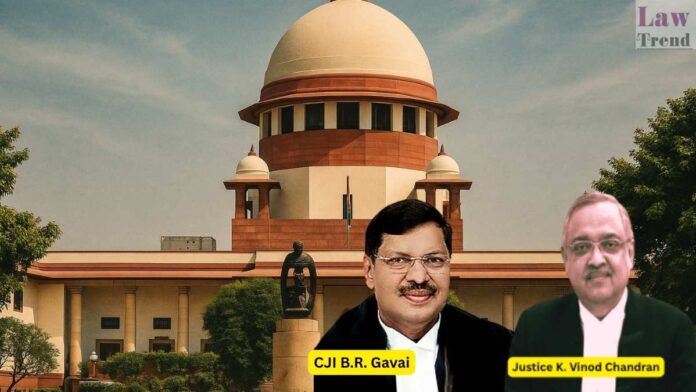The Supreme Court has declared Sections 3, 5, and 7 of the Tribunal Reforms Act, 2021 unconstitutional, holding that the Parliament cannot simply re-enact provisions that were previously struck down by the Court without curing the underlying constitutional defects. The Bench, comprising Chief Justice B.R. Gavai and Justice K. Vinod Chandran, ruled that the impugned
To Read More Please Subscribe to VIP Membership for Unlimited Access to All the Articles, Download Available Copies of Judgments/Order, Acess to Central/State Bare Acts, Advertisement Free Content, Access to More than 4000 Legal Drafts( Readymade Editable Formats of Suits, Petitions, Writs, Legal Notices, Divorce Petitions, 138 Notices, Bail Applications etc.) in Hindi and English.




